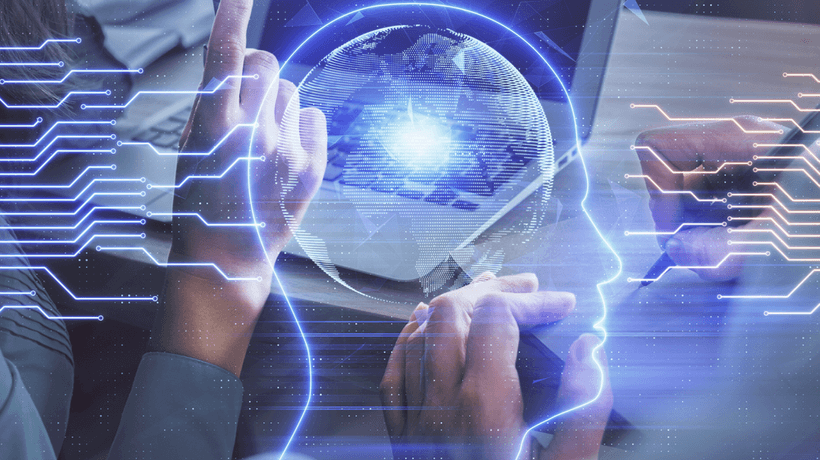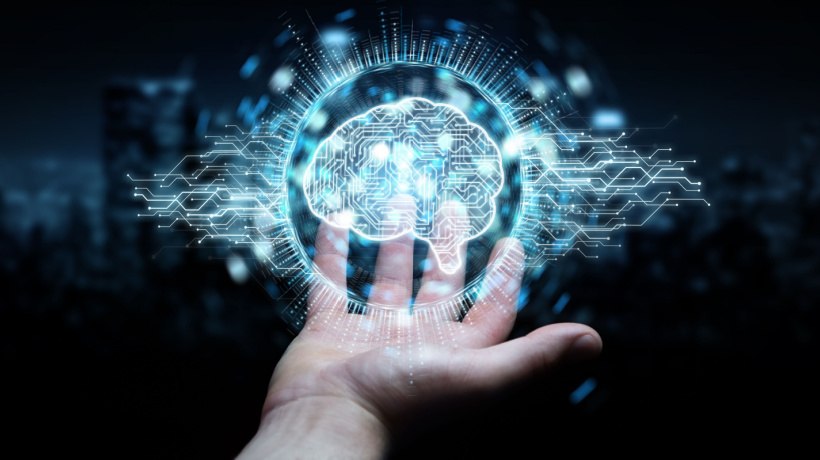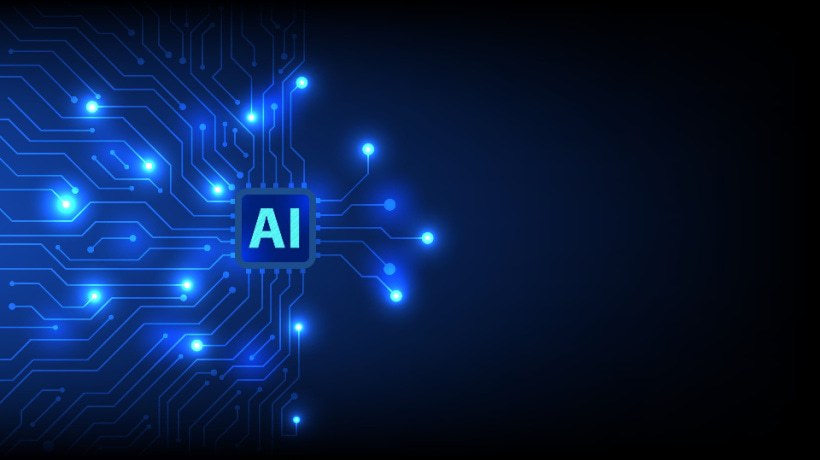Discover How Artificial Intelligence Can Transform Employee Training
Today, almost every industry and every sector are privy to the proliferation of AI. You can find AI-powered tools and solutions increasingly popping up in workplaces. There is no doubt that Artificial Intelligence will play a critical role in how we are hired, onboarded, inducted into an organization, as well as the skills training and personal development programs we receive. This will gradually lay down the groundwork to pass on our experiences to the next generation of employees.
According to a research study by Oracle, nearly 27% of HR leaders think that AI-powered solutions for employee training will have a positive impact on employee Learning and Development. And with skills gaps widening every day, it is becoming critical (or even inevitable) for organizations to leverage the potential of AI for corporate L&D.
Even today, AI-powered solutions are quietly crunching data in the background to provide insights on improving productivity. Especially in the HR and L&D departments, AI is transforming employee recruitment and engagement. With the US corporate training market booming at $130 billion, organizations stand to benefit from opportunities for better training personalization and predictive analytics of learning trends offered by Artificial Intelligence.
Present Challenges Facing L&D
Although technological advancements have revolutionized organizational L&D over the past decade, there are still some common challenges faced by L&D professionals, with one of the key challenges being the lack of personalized learning.
L&D professionals are often accused of offering generic and non-customized learning when it comes to urgent skills training or employee training programs as a whole. One cause that can be attributed to this is the time factor associated with content creation.
Secondly, most LMSs available on the market have a complicated UI, making it harder for employees to navigate and adapt in the long run. This eventually results in reduced User Experience, given the difficulty of searching and finding relevant learning content.
Also, in terms of eLearning content, most traditional learning solutions offer long-format training, like PowerPoint presentations, classroom training, seminars, etc. Although many industries and organizations still prefer the Instructor-Led mode of delivering learning, it is still a time and resource-consuming task, which limits employee training to a particular time and method, taking away the ability to learn and retain knowledge as per preference. Furthermore, measuring learning impact and training ROI has always been a bane of L&D, which involves hours and hours of data collection and analysis (some of which is not humanly possible); while the results are largely unsatisfactory and erroneous.
Today’s existing training programs are still struggling to catch up with the digital age. This is largely due to the shift in employee behavior, the emergence of newer tools, and the expectation of self-managed learning.
How AI Can Transform Employee Training
Expectations from employees are at an all-time high, in terms of skills, knowledge, performance, and output. And, with the need of the hour being "doing more with less," and as technology takes away the menial tasks, every employee today is expected to offer greater value to the organization. As a result, it is absolutely crucial for employees to feel comfortable and connected with the organization in terms of both values and objectives. And, this means greater engagement. Each employee must be engaged in the workplace to perform better. This is precisely where AI can offer great value.
AI infused with employee training platforms (LMSs) provides greater automation, personalization, data insights, and long-term sustainability than ever before. AI will bring greater insights from the substantial amount of employee data in the LMS and will augment it with expert analysis. It will surely help create personalized learning programs for employees. One platform that is already leveraging this is the Learning Experience Platform or the LXP.
In an age where constant digital disruptions are rapidly widening the skills gaps, AI stands to offer many benefits in the reskilling and upskilling of employees. Organizations need to look to AI to not only identify the skill gaps created by digital proliferation but also to help close them by recommending required skilling courses and programs to employees. For organizations, this means a future-ready workforce, while for employees it is a great opportunity to further their careers and professional development, and stay relevant in the years to come.
With Artificial Intelligence, L&D professionals can get a better understanding of modern learner behavior and help develop learning pathways to improve the learning experience. Using such predictive analytics, organizations can further develop smarter learning content, one that is intuitive as well as responsive to the learners’ learning journey. AI will undoubtedly transform how content gets delivered while fostering knowledge retention.
Another good-to-have application of AI for personalized learning is pairing each employee with a chatbot, where the chatbot will smartly deliver learning, either as an ongoing program or Just-In-Time to complete an activity. This is especially critical for sales reps and an organization’s mobile workforce.
AI-powered learning solutions will help track and measure learner progress, while also providing insights on retention and understanding so that L&D professionals can revise the learning programs to suit the learners’ needs. With AI, L&D professionals will have access to critical insights on the preferred time and place of effective learning, and also provide feedback on increasing learning productivity. Data insights, such as course completion times, video/text content preferences, learning modes, etc., will help L&D consistently address the pitfalls in training.
Bias in learning has long been debated as a troublesome issue. For example, when a manager is asked to assign training to his team members, there is an instinctive human bias that comes into play, where the manager may be lenient toward some employees (this also goes for gender bias). Such decisions can result in poor learning impact and productivity, in turn leading to a negative impact on L&D efficiency. AI is averse to any prejudice or bias and only relies on data to offer recommendations best suited to the overall objectives of the organization.
Takeaway
With AI-powered learning tools and solutions deployed in the workplace, employees and L&D alike can reap the benefits of automated, personalized, intuitive and data-based learning modes, thus fostering continuous learning across the organization. AI-powered learning tools are sure to empower L&D with sustainable training programs to maximize employee performance throughout the employees' careers while helping organizations hit the mark on its mission, objectives, and ROI.









